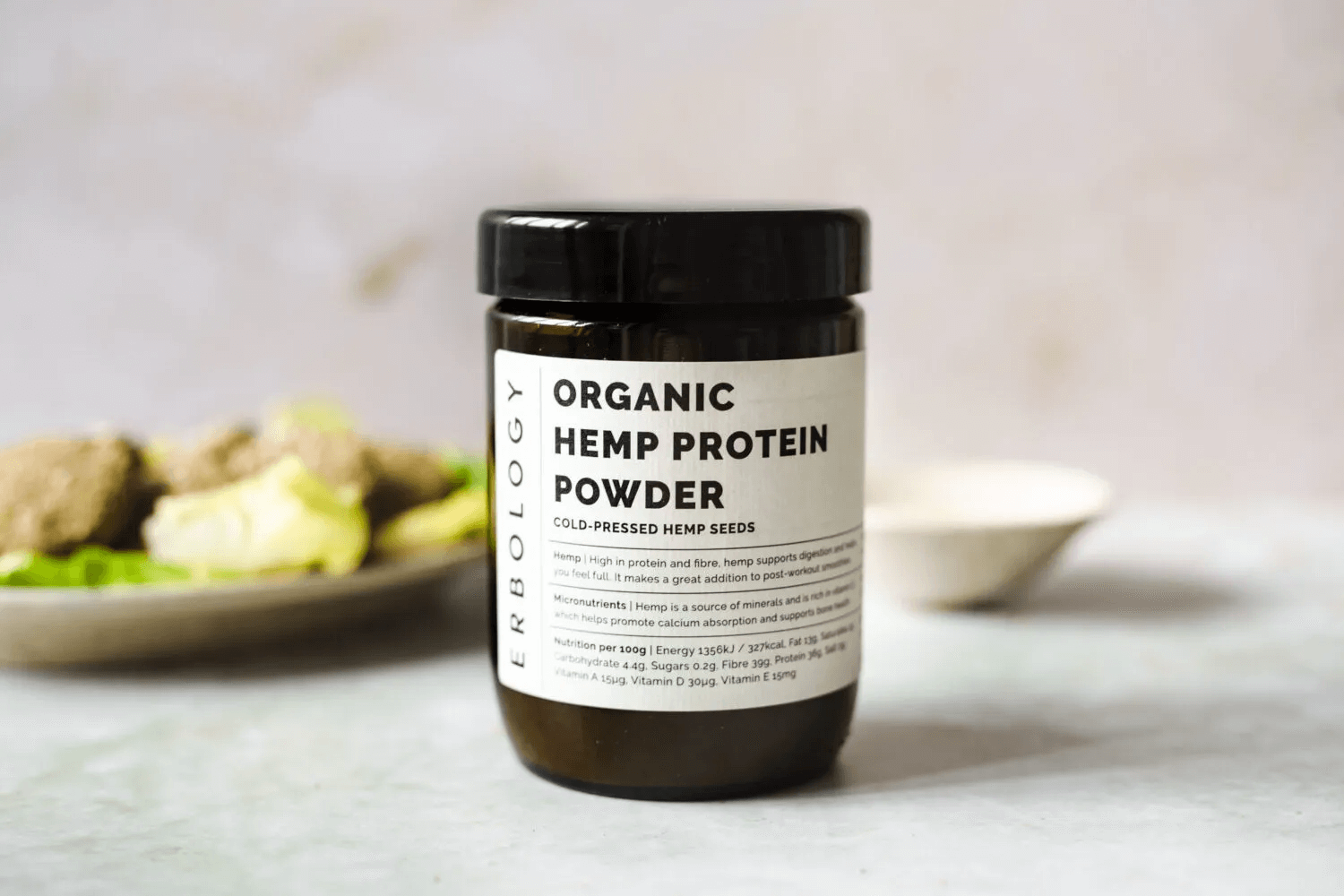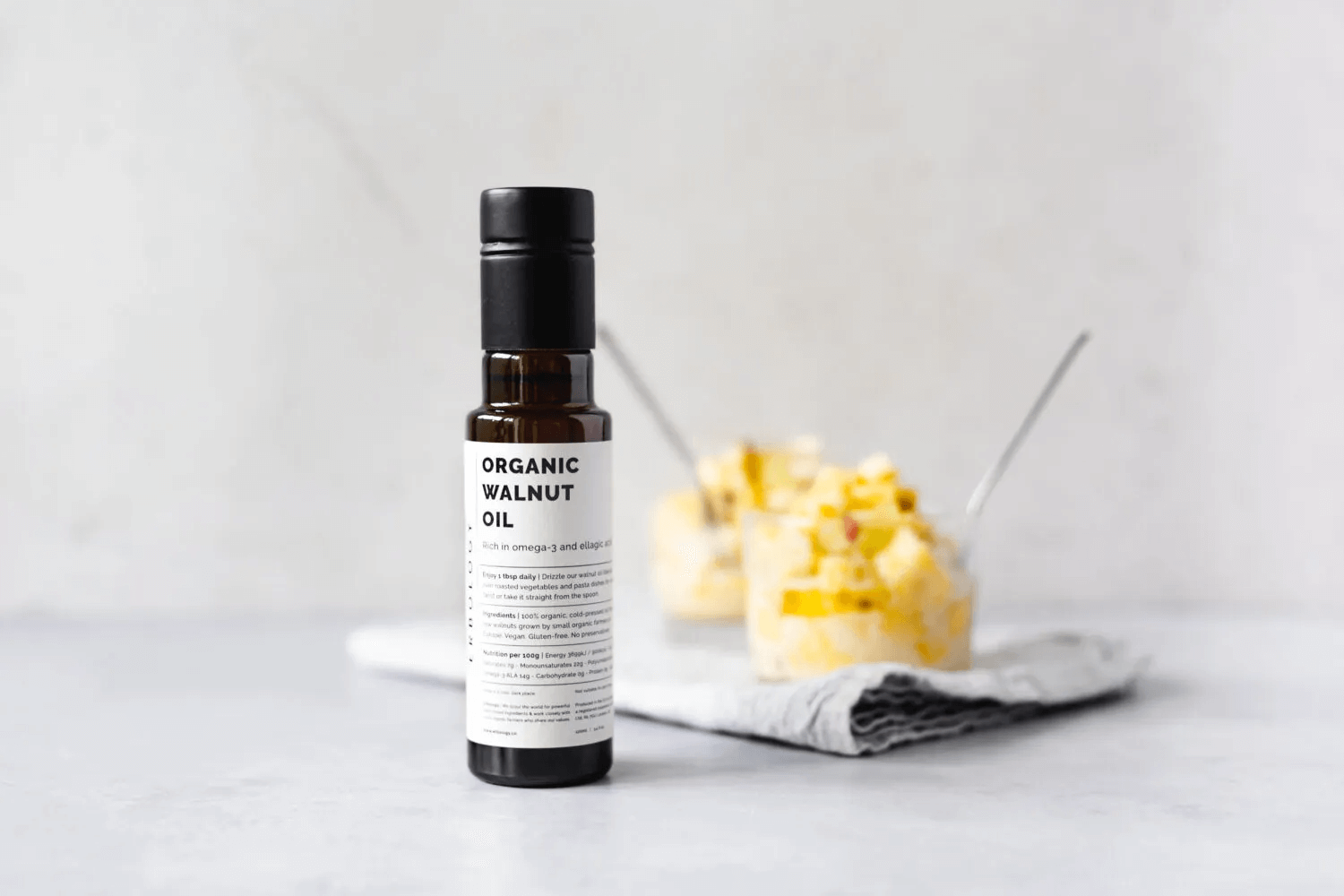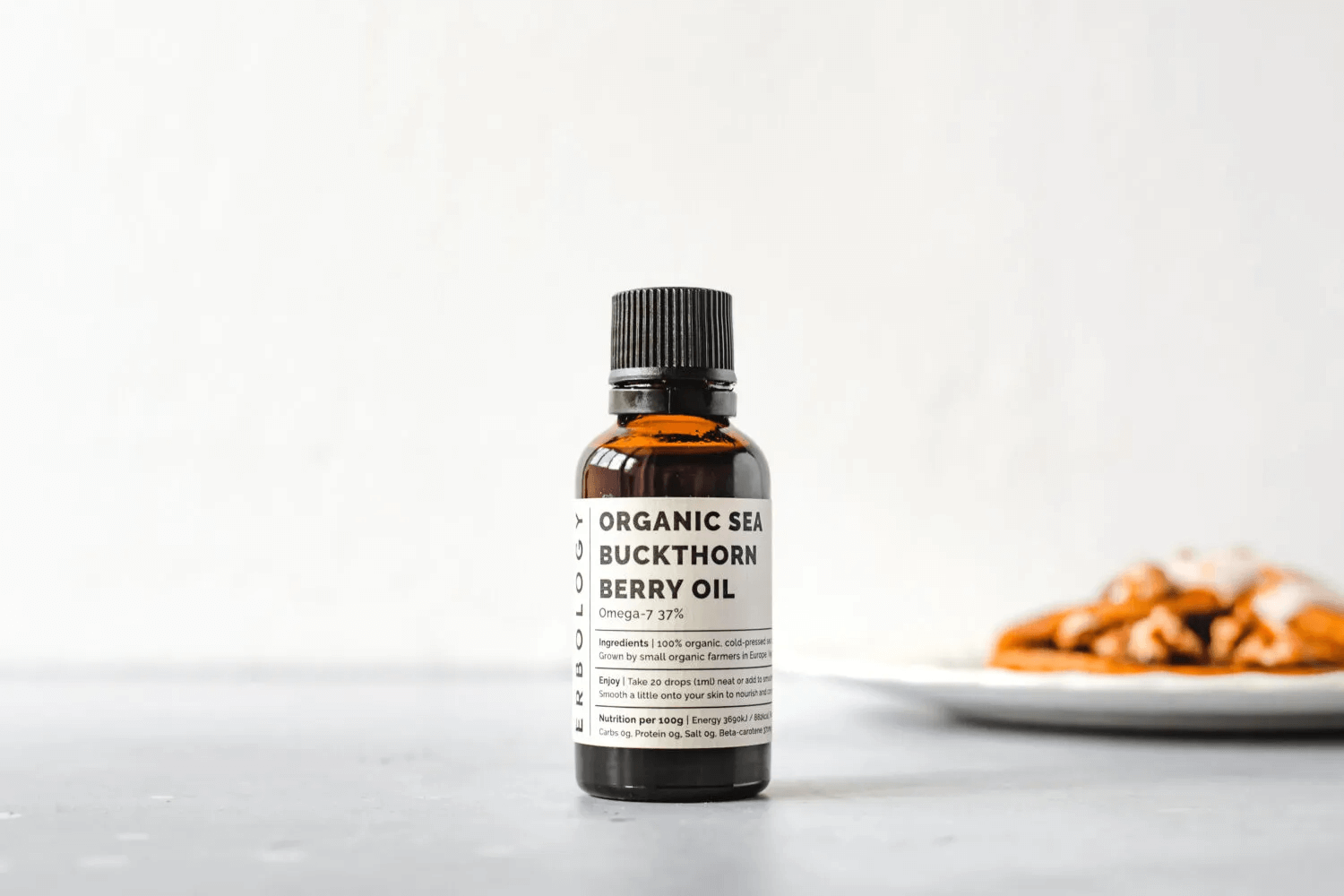21 Nov 2022
Do collagen supplements really work?
What is collagen?
Simply put collagen represents a family of proteins that provides most of our connective tissues with structural components. These include ligaments, tendons, and cartilage. In fact, it makes up around 75% of the dry weight of human skin, helping it to remain firm, supple and plump. In other words, collagen is the glue that helps the body maintain its shape and structure by binding tissues and cells.
Collagen forms in our bodies when collagen fibrils gather from three amino acids called proline, glycine, and hydroxyproline. These fibrils are then bundled into larger groups, which gives collagen a structure that is composed of many smaller bundles of proteins. As a result, its physical properties include great tensile strength.
Even though our bodies naturally produce collagen, there are supplements on the market that supposedly help to improve skin elasticity, promote joint health and support bone health. So, why is there such a huge market for collagen supplements?
What happens to collagen as we age?
As you might already know, with age natural collagen production begins to slow, and cell structures weaken. Skin sags and wrinkles, while ligaments lose their elasticity, joints get stiffer, and much more. Early signs may be subtle. However, here’s some to look out for:
- Volume loss in the face. Cheeks become flatter while the under-eye area develops hollows. These are likely signs of collagen loss, unless you’ve lost a lot of weight recently.
- Joint pain. Joints begin taking more wear and tear and eventually, they may start hurting during everyday activities, such as your knees when walking down the stairs.
- Sagging skin. You may notice the sagging effect on your jawline, cheeks, buttocks, and stomach.
- Wrinkles. The loss of collagen leads to the dehydration and thinning of the skin, so wrinkles and fine lines begin to appear.
- Lifeless hair. Hair begins to thin and doesn’t look as healthy as it did in your youth. It may begin to split and break. You may also see hair loss.
- Weight gain. As collagen decreases so does the rate of our metabolism. As a result, you may start gaining weight even if you don’t change your diet.
- Teeth problems. Collagen plays a significant role in anchoring teeth to gums. Therefore, you may start experiencing tooth pain and sensitivity.
- Weak blood vessel walls. The loss of collagen causes the strength of our blood vessels walls to weaken. Common signs to look out for range from dry eyes, headaches, breathing problems and skin rashes.
The earlier you start to notice these signs, the more you can do to replenish the collagen in your body to see positive results. However, it’s important to mention that all the above symptoms may also be a sign of other health conditions. Therefore, it’s important to consult with your doctor.
![]()
Forms of collagen supplements you may come across
In general collagen supplements come from animals including cows, pigs and fish. There are several collagen types, 16 to be exact. However, nearly 90% of all collagen in the human body comes from types I-III. The composition of supplements varies but, they commonly contain the following collagen types or a mixture of the three:
- Type I – accounts for about 90% of all collagen in our bodies. It has the ability to keep cells and tissues together in the skin, tendons, bones, teeth, and fibrous cartilage.
- Type II – is found in elastic cartilage and cushions joints.
- Type III – supports the integrity and structure of organs, arteries, and muscles.
Forms of collagen supplements you may have come across include:
- Hydrolysed collagen also known as collagen hydrolysate or collagen peptides, is broken down into smaller protein fragments called amino acids.
- Gelatin is only partially broken down into amino acids.
- Raw forms of the collagen protein remain intact.
However, you don’t need to take collagen supplements to produce collagen. The human body does this naturally using amino acids from whichever proteins we eat.
Does collagen improve bone and joint health?
It’s true that our bones are mostly collagen, more specifically type I.(1) For this reason, collagen supplements claim to help prevent osteoporosis and bones becoming weaker, brittle, and more likely to fracture.(2) Let’s have a look at what the research says about bone and joint health.
In a human trial, 131 postmenopausal women took 5g of a hydrolysed collagen supplement daily for 1 year. They experienced an increase of 3% in bone density in the spine and a 7% increase in the femur.(3) While this study suggests collagen supplements may improve bone mass and prevent bone loss, it also highlights the need for more in-depth studies on humans.
As mentioned earlier, you can find collagen type II in cartilage, which is the protective cushioning between joints. This has led to several studies suggesting that various types of collagen supplements can help to relieve joint pain related to osteoarthritis. In a condition like osteoarthritis, the cartilage between joints wears away. Unfortunately, this may lead to inflammation, stiffness, pain, and reduced function in body parts including hands, knees, and hips.(4)
In one study, participants took 40mg of raw type-II collagen daily for up to 180 days. The results showed a reduction in joint pain and stiffness in individuals with osteoarthritis located in the knee.(5) In another study, 2g of hydrolysed type-II collagen was taken daily for 10 weeks with the results showing reduced scores of joint pain and stiffness by almost 40% in individuals with osteoarthritis.(6)
However, it’s essential to highlight that the manufacturers of the brand of raw type-II collagen (UC-II) and the brand of hydrolysed type-II collagen (BioCell) funded and helped conduct their respective studies. As a result, there is a strong bias surrounding this study which leads to questions regarding its reliability and validity.
![]()
Related Readings
undefined

Organic Bergamot Juice

Organic Hemp Protein Powder

